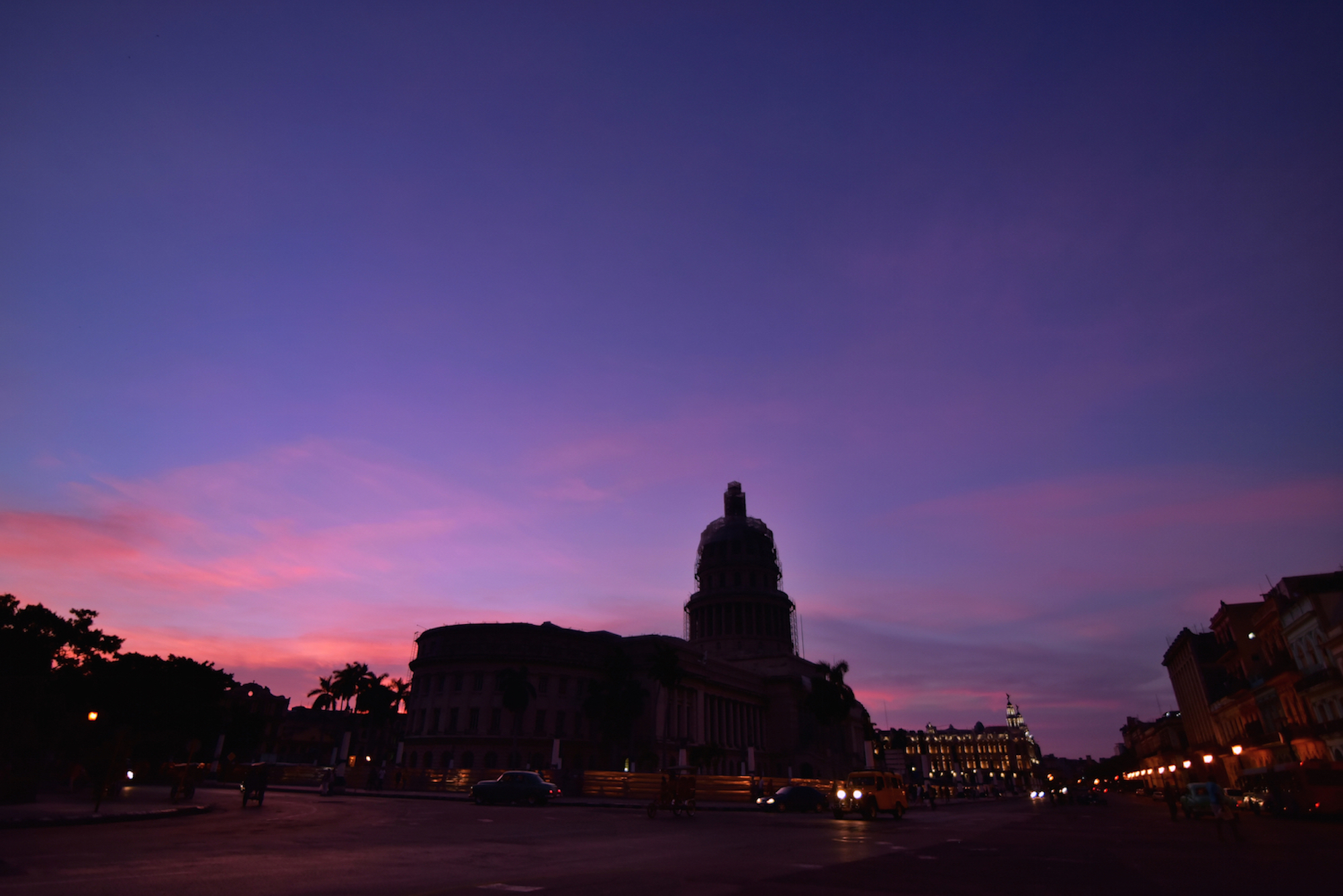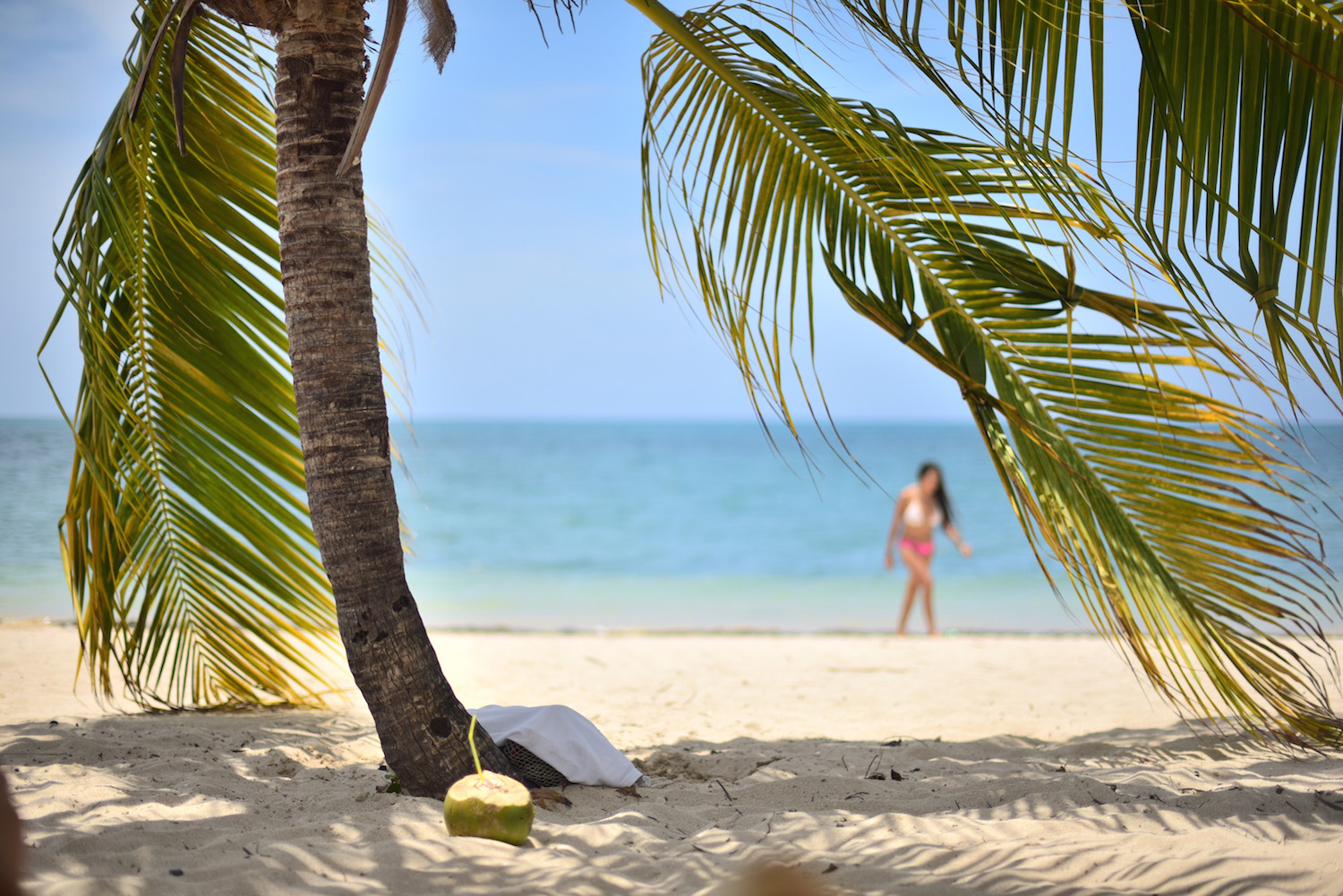Can Americans visit Cuba? The short answer is yes. The long answer? Well, it’s complicated.
The good news is that the restrictions of the Trump era, which took effect after Obama left office, were rolled back shortly after Joe Biden assumed the presidency. Notably, these restrictions were not as much about Americans entering Cuba—that has always been allowed—but on their activities while there, and what (if any) consequences they’d face upon returning to the US.

Like many topics in travel, the issue of traveling to Cuba as an American comprises more than meets the eye. I’ll do my best over the next several paragraphs to eliminate the complication.
Why Is Visiting Cuba So Contentious?
US citizen travel to Cuba has always been controversial, but it has likewise been misunderstood. Notably, Americans have never been banned from Cuba. Rather, American citizens faced potential legal difficulties due to the policies of their own government. This has led many Americans to believe that they could not visit Cuba, which has never been true really, but is certainly not true now.
This is great news for US-based travelers, particularly those with an interest in Cuban sports like boxing, volleyball and baseball, the latter of which is the island’s most popular sport. You can even win big, even if you don’t grab a bat and get into on the action. In the absence of land-based casinos in Cuba since the 1950s, the advent of online slots has allowed the country’s national past-times to transform into something much more lucrative.

Reasons for Americans to Visit Cuba
Support of the Cuban people
While thousands of Americans now travel between the US and Cuba every day and without receiving a second glance at immigration, the actual statutes governing their movement does lay out conditions for travel. Specifically, you need to have a valid reason to visit, one of which is the catch-all “Support of the Cuban people.” If you don’t explicitly declare why you’re coming from Cuba, you will implicitly claim this “general license.”
Religious missionary activity
Another common reason for visiting Cuba as an American is to work as a missionary. On one hand, this is counterintuitive, given the Cuba was historically Catholic. However, keeping in mind that Communism strongly discourages the practice of religion, you can see why missionaries have pushed into Cuba since the dawn of the Castro era.
Official US government business
This reason is pretty uncommon, on the other hand. It was almost unheard of, in fact, prior to the Obama era, due to the sweepingness of the US embargo against Cuba. While diplomatic activity picked up during Obama’s first term, the mysterious sickness that plagued workers at the reopened embassy in Havana caused a reversion that has yet to really let up.
Journalistic activity
Whether in the 1990s or today, being a journalist has always constituted a valid reason to visit Cuba as an American. If you’re a journalist and plan to visit Cuba for work, please do keep in mind that Cuba has no freedom of the press. Follow the instructions of your employer, but always put your own personal safety above whatever job you’ve been tasked with.
Other reasons to visit Cuba
Although the US ban on travel to Cuba has been reversed in practice, the statues that undergirded it remain in place. The government provides a long list of general and specific “licenses” that allow for legal travel to Cuba. While I don’t think you should fuss too much about these (at least not as long as Biden is president), it’s good to be familiar with them.
Do I need a travel license to go to Cuba?
Technically speaking, you do need a travel license to go to Cuba. However, this doesn’t require you to apply for anything or get approved. Rather, it is assumed that ordinary travelers are visiting Cuba based on “Support of the Cuban people,” which is a general license that is implied, rather than issued.

Robert Schrader is a travel writer and photographer who’s been roaming the world independently since 2005, writing for publications such as “CNNGo” and “Shanghaiist” along the way. His blog, Leave Your Daily Hell, provides a mix of travel advice, destination guides and personal essays covering the more esoteric aspects of life as a traveler.








